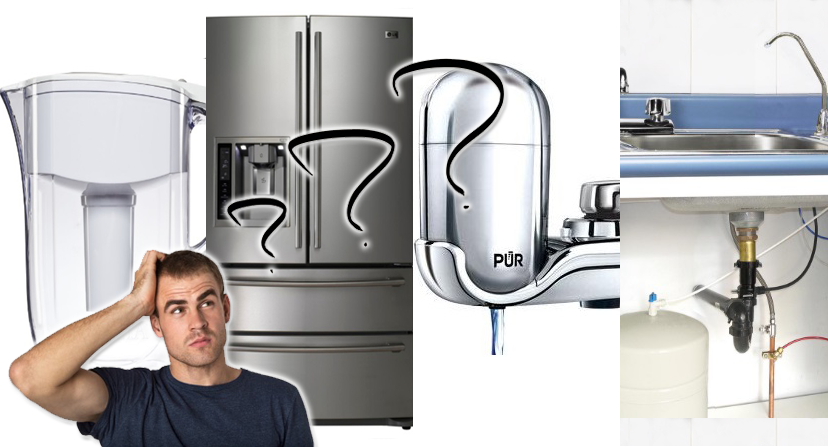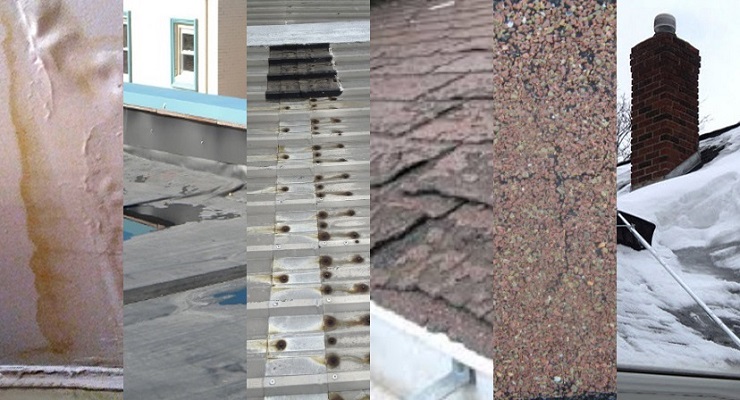Do You Need a Water Filter?
Tuesday, October 25, 2016
Many people concerned about the safety of their tap water turn to water filter systems to improve water quality and taste. Does your water really need to be purified?
A 2003 study by the nonprofit Natural Resources Defense Council (NRDC) found that due to a combination of pollution and deteriorating equipment and pipes, the public water supplies in 19 of America’s largest cities delivered drinking water that contained contaminant levels exceeding EPA limits (either legal limits or unenforceable suggested limits) and may pose health risks to some residents. So even though it may test fine at its source, public water may still pick up contaminants on the way to your house. If you are concerned about the state of your pipes, call a professional from Keithley Plumbing in order to assess their condition.
Contaminants that snuck into city water supplies studied by the NRDC include rocket fuel, arsenic, lead, fecal waste, and chemical by-products created during water treatment. There isn’t a one-type-fits-all kind of water filter: not every filter type will eliminate every contaminant. You’ll save money and ensure that you’re targeting the contaminants of concern in your area by doing a little research up front.
There are many types of water filters, from plastic pitcher filters to built-in refrigerator filters, to faucet and under-the-sink filters, to whole-house models that combine a variety of media types and treat all of the water in your house. What type you want depends on your needs.
If you find that your water regularly tests better than EPA levels, you may just want a filter that can remove the chemicals your local utility uses to treat the water. Call and ask your utility if it uses chlorine, a suspected respiratory and neurological toxin, or chloramine, a suspected blood and respiratory toxin. Chlorine combines with organic elements during the water treatment process to produce carcinogenic by-products. The best type of filter to remove chlorine and its byproducts is a combination carbon/KDF adsorption filter (not to be confused with “absorption”), which range from shower and faucet filters to sink and whole-house filters. A regular carbon filter won’t remove chloramine, so look for a catalytic carbon filter instead.
That said, public utilities will be using treatment chemicals well into the future, and our systems may never be perfect. Take responsibility for your family’s health by carefully considering whether you need to take additional steps to make your water the healthiest it can be.
For more help with your plumbing, contact a professional from Keithley Plumbing to assess your condition at www.keithleyplumbing.com or by calling (626) 449-0387. They are located at 3579 E Foothill Blvd #227, Pasadena.



